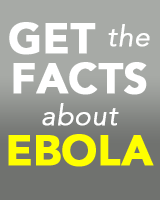St. Lawrence County Public Health offers immunizations weekly.
To make an appointment, please call 315-229-3452. If you have insurance, please have your benefits card ready when you call.
Listed below are the health insurance plans that the St. Lawrence County Public Health Department is currently affiliated with. Many health insurance providers offer multiple products, and we may not be affiliated with all of them. Prior to your visit, please verify with your health plan whether our department participates in your specific plan. For questions about our affiliated plans, please contact our office at 315-386-2325.
| Payer | Participation Status |
| Excellus BCBS | Yes |
| Empire (Anthem) BCBS | Yes |
| Empire United Healthcare | Yes |
| Fidelis | Yes |
| Medicaid | Yes |
| MVP | Yes |
| Student Resources UHC | Yes |
| United Healthcare | Yes |
| UMR | Yes |
For Information on COVID-19 Vaccines Clinics
please visit our COVID-19 Vaccine Page
2025 Recommended Vaccination Schedules
Recommended Immunizations for Children
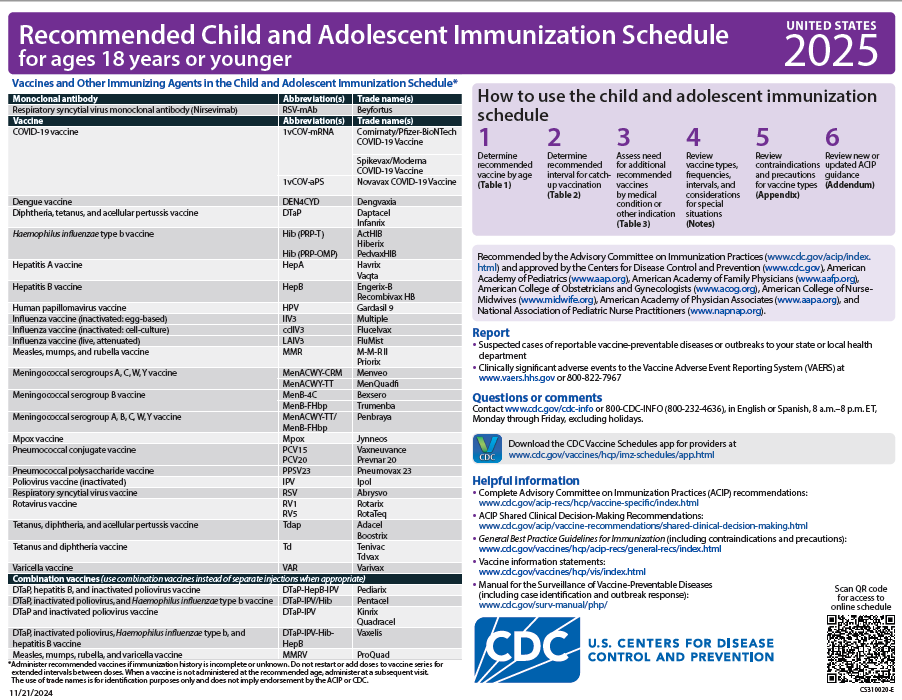
Recommended Immunizations for Adults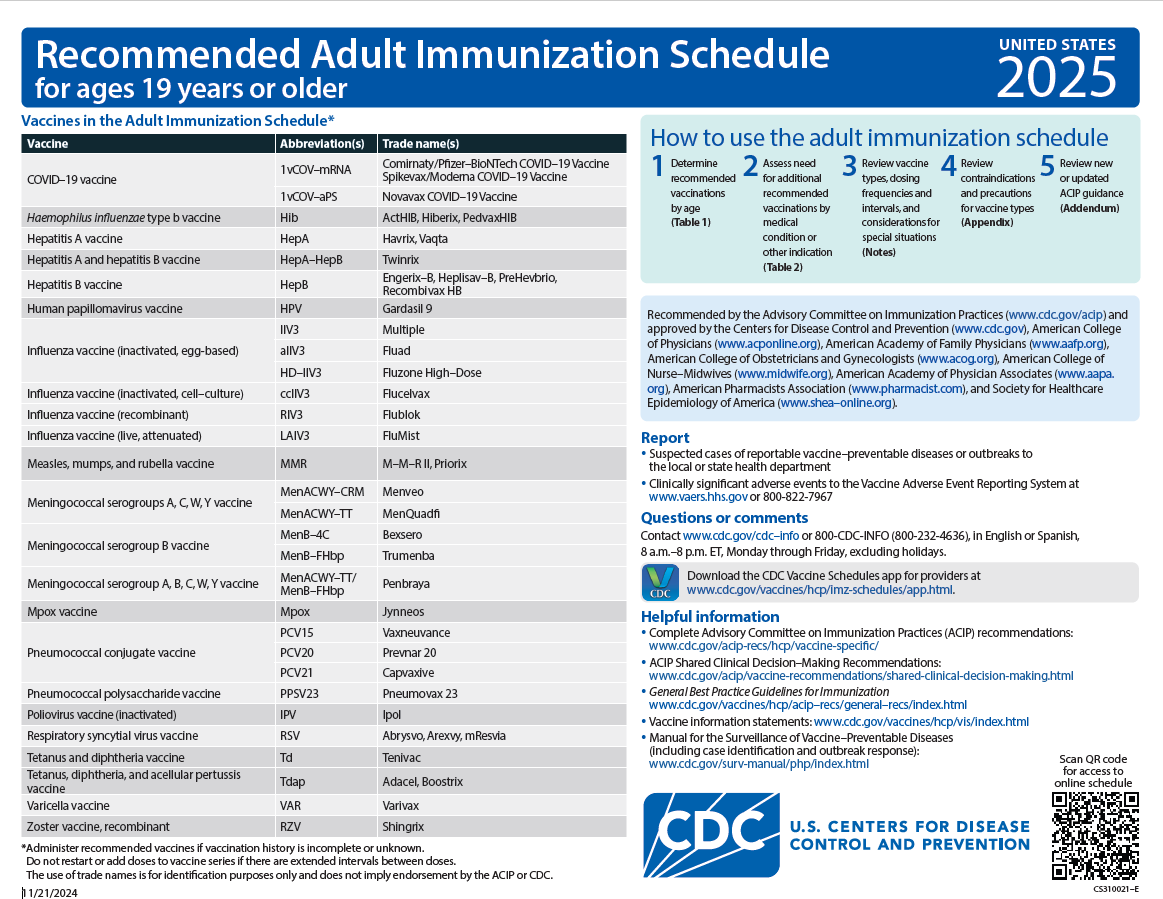
Pertussis (Whooping Cough) Information
*** Tdap/DTaP vaccine should be routinely promoted and provided before outbreaks occur.
Note: New ACIP (Advisory Committee on Immunization Practices) recommendations include 3 changes with regard to Pertussis vaccination:
1) Tdap can be given to children between the ages of 7-10 (if under-immunized or their vaccination status is not known)
2) Adults 19 through 64 years of age should receive a single dose of Tdap.
3) Tdap can be given to adults 65 years of age and older if not previously vaccinated, especially if there is close contact with infants
4) There is no longer a suggested minimum interval between receiving the tetanus-diphtheria (Td) vaccine and the tetanus, diphtheria, and pertussis (Tdap) vaccine.
Important Immunization Information Links
- CDC: Recommended Child, Teen, And Adult Immunization Schedule
- NYSDOH: Updated School Immunization Requirements (Updated 05/23)
- NYSDOH: Meningitis Vaccination Requirement (New for 2020-2021 School Year)
- NYSDOH: Vaccine for Children (VFC) Program
- CDC: Vaccines For Children (VFC) program
- CDC: Vaccination Information for Parents
- CDC: Vaccine Information for Adults
- CDC: Vaccines and Pregnancy
- Pregnancy and Vaccination: Toolkit for Prenatal Care Providers
International Travel
View current Travel Notices from the CDC.
Resources
Ebola is a rare and deadly disease. The disease is caused by infection with one of the ebolaviruses (Ebola, Sudan, Bundibugyo, or Taï Forest virus). It is spread by direct contact (through broken skin or mucous membranes) with a sick person’s blood or body fluids (urine, saliva, feces, vomit, and semen). It is also spread by direct contact with objects (such as needles) that have been contaminated with the infected body fluids or infected animals.
Symptoms of Ebola include fever, severe headache, muscle pain, vomiting, diarrhea, stomach pain, and unexplained bleeding or bruising.
NYSDOH Ebola information line: 1-800-861-2280
Trained operators are available 24 hours a day, seven days a week. This line is for public health information purposes only. If you require medical attention, call your health care provider or 9-1-1 immediately.
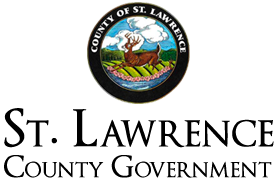
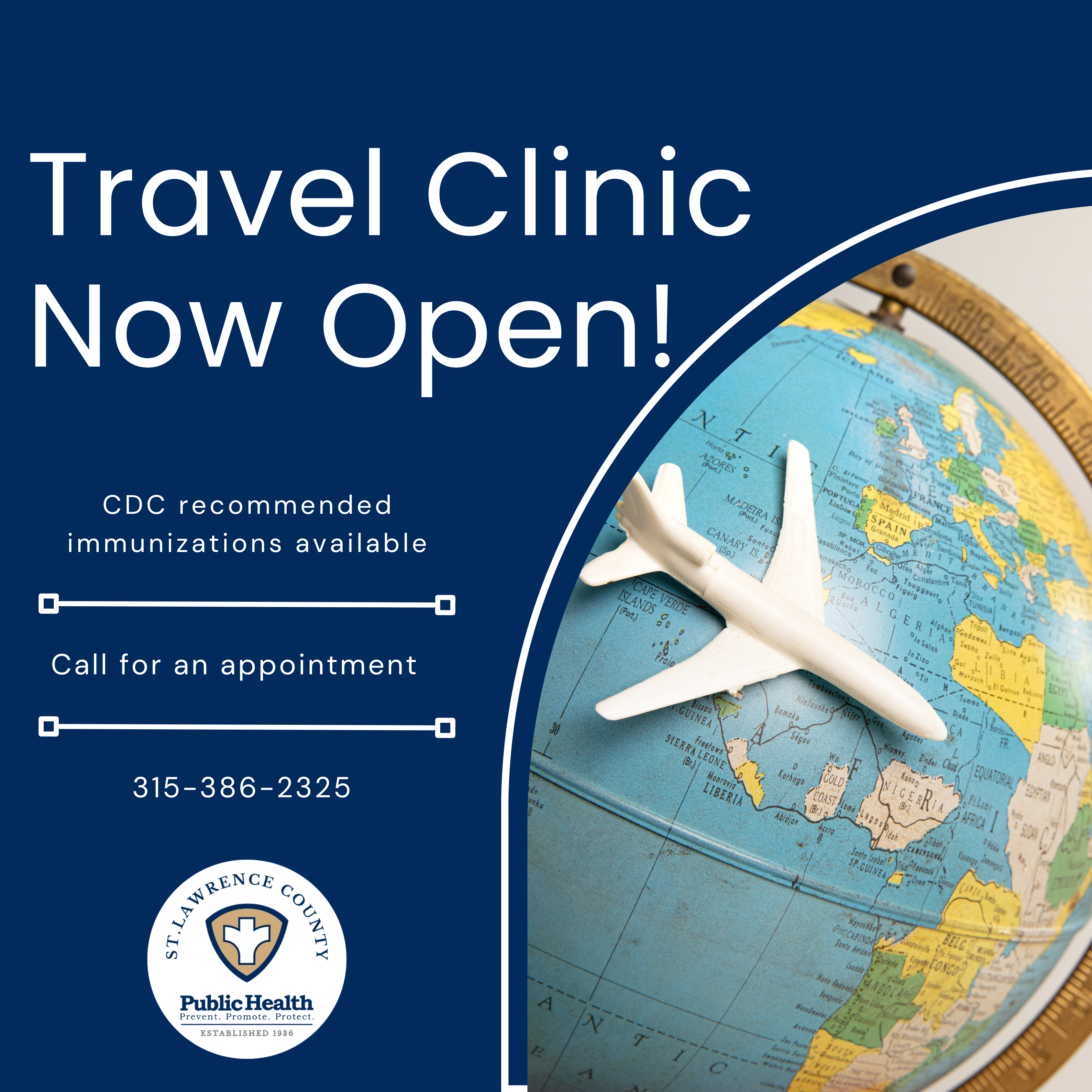
.jpg)
